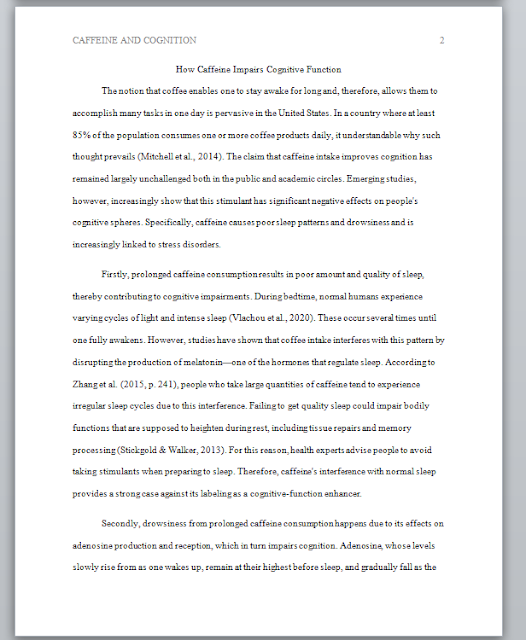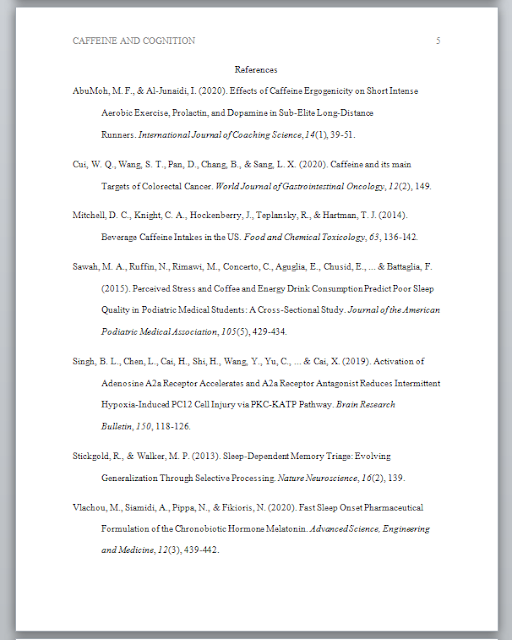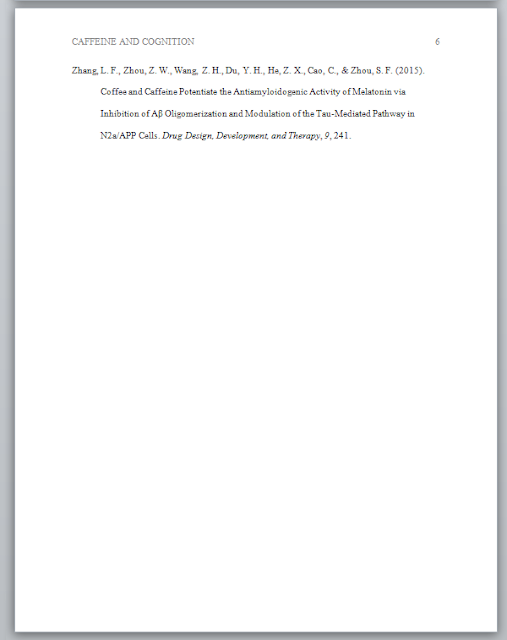Image source: Wikimedia commons
Paper Type: Book Review
Paper Format: APA
Pages: 4
Question:
Choose one work from the four listed below and write an analytical essay that discusses the ethics of representation in relation to the work. Points to consider may include the following questions: Is the theme of the work a delicate or taboo topic in our culture? Why? What is the relationship between the writer and the key subject(s) or theme and how can this be said to have influenced the work? What research methods have been used by the writer to produce the text and to what extent are these methods visible, reliable or objective? How does the writer’s use of techniques of representation – for instance tone, point of view, imagery, dialogue, structure – shape the work’s ethical implications?
How have assumptions about genre impacted the reception of the text by readers? What sort of ethical issues (if any) arose for you in your reading of the work? Your essay will be marked on the quality of the analysis and argument presented, the strength of the writing and the professionalism of the presentation.
APA 6th edition referencing style is a requirement for this assignment.
- Fiction Garner, Helen. Excerpt from The Spare Room. Melbourne: Text Publishing, 2008. 1-18. Print.
- Memoir/Personal Essay Kinsella, John. “Fellow Travellers.” Fast, Loose Beginnings: a Memoir of Intoxication. Carlton, Vic.: Melbourne. University Press, 2006. 58-85. Print. Sherbourne, Craig.
- “Unforgiven.” The Monthly. February 2008. 36-43. Print.
Answer
Infidelity,
Marriage, and Conventionalism in Unforgiven
By
bearing, raising, and imparting norms to children, families ensure the
continuity of societies. It is, therefore, not surprising that cultures place
many rules to enhance the stability of families. Traditions have rules to
protect these social institutions and provide readymade solutions whenever they
experience impasses. In the West, these conventions not only encourage adult
men and women to marry and retain their marriage for as long as possible but
also discourage infidelity and divorce, which may destabilize families
(Brundage 2009). Western culture also prefers that people keep matters
regarding sex private, and those who talk openly about sex acts or organs appear
deviant. However, the extent to which these conventions are valid or beneficial
is unclear. In Unforgiven, Craig
Sherborne explores uncomfortable topics that directly or indirectly challenge
the dominant perceptions about male-female relationships and question the
validity of the traditional family (Sherborne, 2008). The author represents
marriage as an institution that should only exist when couples love one another
and end when the love diminishes, portrays true
love as a temporary concept, and views modern conventions about female
objectification and eroticism as mere inconveniences.
First,
the story seems to convey that marriages, just like love, should not
necessarily be permanent but should end when a couple loses love. The first
meeting between Alex and the narrator is a reflection of what one would call true love. Indeed, Alex does not have
any material interest in the narrator, who lives in a “room so small it’s
called the box” and does a low-paying job (Sherborne, 2008). Alex herself is
expecting a large sum of money from her divorce settlement and does not need to
be economically dependent on the narrator. That Alex nevertheless courts the
narrator is evidence of her genuine love. Similarly, the narrator’s genuine
interest in Alex is evident in the fact that he does not demand anything from
the woman upon their divorce. Up to the time when Alex goes for mastectomy, the
narrator is satisfied with the relationship. Here, the author shows that
marriages that disintegrate are not necessarily those built upon lies or
material interests of couples; that even marriages that begin with true love
sometimes fail. Eventually, in some marriages, the so-called genuine feelings between couples wither,
and partners get “very, very bored” (Sherborne, 2008). This stance is revolutionary,
especially in Western societies, where people perceive the truth as a static,
verifiable, and one-dimensional concept “that transcends history and culture”
(Maffie, 2001). Sherborne’s narrator perceives true romantic feelings as
unstable; that people can transfer these feelings from one individual to
another without compromising their morals. Therefore, unlike the dominant
representations of true love and marriage as long-lasting and static, the
author presents these concepts as temporary and manipulatable.
Second,
the author also portrays marital infidelity as an expression of honesty and a
potential means to individuals’ happiness. After Alex’s operation, it is
evident that the narrator loses interest in the marriage. From the story’s
perspective, continuing to stay together is not the best option for the two
people who dislike one another. The narrator cites Alex’s nagging as the cause
of his disinterest in the marriage, but this is not true. Indeed, it is
interesting that the narrator suddenly finds Alex’s expressions of insecurities
and the task of continually assuring her that he loves her to be daunting.
After this operation, the narrator does not even want to touch his wife: “I
begin to dread the touch of her” (Sherborne, 2008). However, Alex has always
been insecure since they met, yet the narrator does not complain during the
initial stages of the relationship. For instance, during their stay in London,
Alex often expressed disgust for her breasts and doubts about the narrator’s
love for her. That said, the narrator is not necessarily immoral or cruel for
holding these views about love. Indeed, he struggles to revive his waning
interest in Alex unsuccessfully; he frequently kisses his wife and indulges her
in sex despite having lost interest in these acts. Moreover, he frequently
assures Alex that he loves her, and even during arguments, when his wife orders
him to leave or throws away his belongings, he always decides against walking
away. Through this innocent portrayal of both characters, Sherborne draws the reader’s
empathy toward both characters. While portraying Alex’s innocence and
justifying her anger, the author also presents the narrator’s predicament with
the same empathy, suggesting that some marriages sometimes simply end because
there is no benefit in their continuity. Like Alex and the narrator, married
couples who refuse to end unfulfilling unions only subject themselves to
infidelity and pain. Therefore, infidelity itself is not a problem but an
honest indicator of a marriage that is already dysfunctional and that should
have ended long ago.
Sherborne
also ventures into sensitive topics regarding eroticism, female
objectification, and conventionalism. The descriptions of sexual intercourse in
the story are quite graphic. The author delves into erotic details of sex
organs and activities that some people might find uncomfortable to read,
especially in public. Secondly, the narration raises questions and doubts
regarding the concept of true love.
That the narrator’s attitude towards his wife changes just after the mastectomy
indicates that, for a woman to attract the narrator’s true love, she must have
two intact breasts and a generally desirable body. In other words, removing
breasts from a woman eliminates the narrator’s interest in her, and that is why
his love shifts to Janet, who possesses bodily features that Alex lacks; “That
curve of hip; that bust, a complete bust without unevenness or sagging. The
earth’s deepest browns for her eyes” (Sherborne, 2008). It also seems that the
author rejects the concept of the social
contract and demonstrates why it is unfair, especially to men. Notably,
women get divorce settlements from their rich husbands upon divorce, yet the
question of compensation does not arise when men break away from their rich
wives. The narrator only carries his clothes when leaving Alex. On the other
hand, Alex receives much money from her first husband. Also, marriages only
meet women’s desire for children and do not have any meaningful benefit to men,
yet society expects males to be faithful and monogamous. Alex’s anger issues
partly arise because her susceptibility to cancer does not allow her to have
children. Therefore, these divergent perceptions about marriage, women’s
bodies, and sex indicate the author’s skepticism about conventionalism.
In
conclusion, Unforgiven raises
pertinent questions about society’s view of male and female relations, sex, and
marriage. Notably, it challenges the notion that couples should remain married
even when they are no longer intimate, labeling non-intimate marriages as worse
than infidelity. Staying in a loveless marriage only causes more unhappiness
and is not worthwhile. Also, just
because the love between two people ends at some point does not discredit mean
that their earlier feeling toward one another was not real. Alex and the
narrator share genuine love at first, but this romance wanes eventually. The
couple’s attempt to remain together, which eventually proves futile, only leads
to more hatred and suffering for both. Moreover, while the author points
children and wealth as the benefit that women acquire from marriage, it is not
apparent how these unions benefit men.








